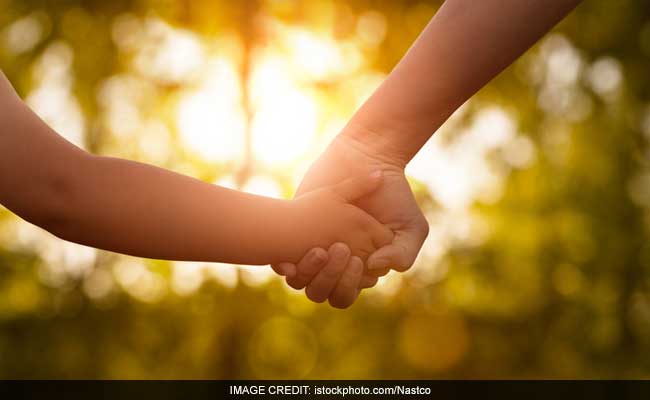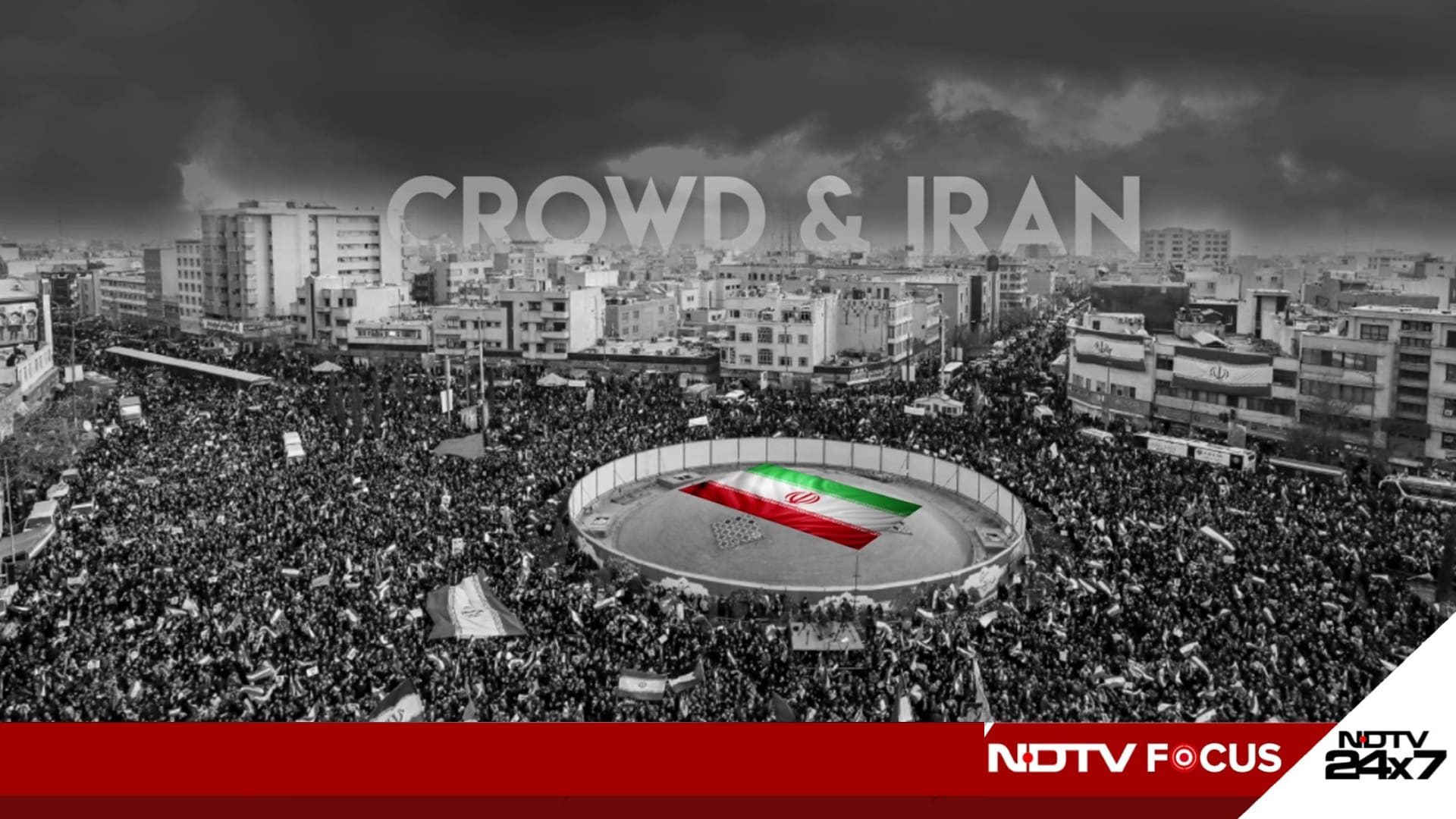The Chief Justice observed that the Juvenile Justice Act does not bar unmarried couples from adopting.
New Delhi:
In a landmark order while hearing petitions on same-sex marriage, Chief Justice of India DY Chandrachud observed that the right to enter into a union cannot be restricted on the basis of sexual orientation and ruled that unmarried couples, including queer couples, can jointly adopt a child. He said that the law cannot assume that only heterosexual couples can be good parents and that doing so would amount to discrimination.
Referring to the Central Adoption Resource Authority (CARA) guidelines for adoption, the Chief Justice said the Juvenile Justice Act does not preclude unmarried couples from adopting and the Union of India has also not proved that doing so is in the best interest of the child. “So CARA has exceeded its authority in barring unmarried couples,” Justice Chandrachud said.
Stating that differentiating between married couples and unmarried couples has no “reasonable nexus” with the objective of CARA, which is ensuring the best interests of the child, the Chief Justice said, “It cannot be assumed that unmarried couples are not serious about their relationship. There is no material on record to prove that only a married heterosexual couple can provide stability to a child.”
Justice Chandrachud also noted that CARA Regulation 5(3) indirectly discriminates against atypical unions. “A queer person can adopt only in an individual capacity. This has the effect of reinforcing the discrimination against the queer community,” he said, adding that the CARA circular is violative of Article 15 of the Constitution.
Article 15 prohibits discrimination on grounds of religion, race, caste, sex or place of birth.
Disagreement, Directions
The five-judge bench which was hearing the case also includes Justices Sanjay Kishan Kaul, S Ravindra Bhat, Hima Kohli and PS Narasimha. There are four judgments on the issue and Justice Chandrachud said he has a disagreement with the judgment of Justice S Ravindra Bhat.
The Chief Justice said that, contrary to Justice Bhat’s judgment, directions in his judgment do not result in the creation of an institution but give effect to the fundamental rights under Part III of the Constitution.
“My learned brother (Justice Bhat) also acknowledges that the State is discriminating against the queer community but does not exercise the powers under Article 32 to alleviate their plight,” Justice Chandrachud said. Article 32 confers powers on the Supreme Court to issue orders for the enforcement of fundamental rights.
Justice Chandrachud went on to issue directions to end discrimination against the queer community. Among other things, the directions asked the Union government, state governments and Union Territories to ensure that there is no discrimination in access to goods and services and that people are sensitised about queer rights. He also directed them to protect inter-sex children from undergoing forced operations.
‘Not An Elite Concept’
The Chief Justice disagreed with the centre’s argument that marriage equality is an urban, elite concept. “To say that queer people exist only in urban and elite spaces is to erase them. All those who live in cities can’t be termed elite. Queerness can be regardless of one’s caste or class or socio-economic status,” he observed.
Stating that choosing a life partner is an integral part of choosing one’s course of life, Justice Chandrachud remarked, “Some may regard this as the most important decision of their life. This right goes to the root of the right to life and liberty under Article 21.”
He asked the Centre to proceed with the formation of a committee to address practical concerns of same-sex couples, such as getting ration cards, pension, gratuity and succession issues.





